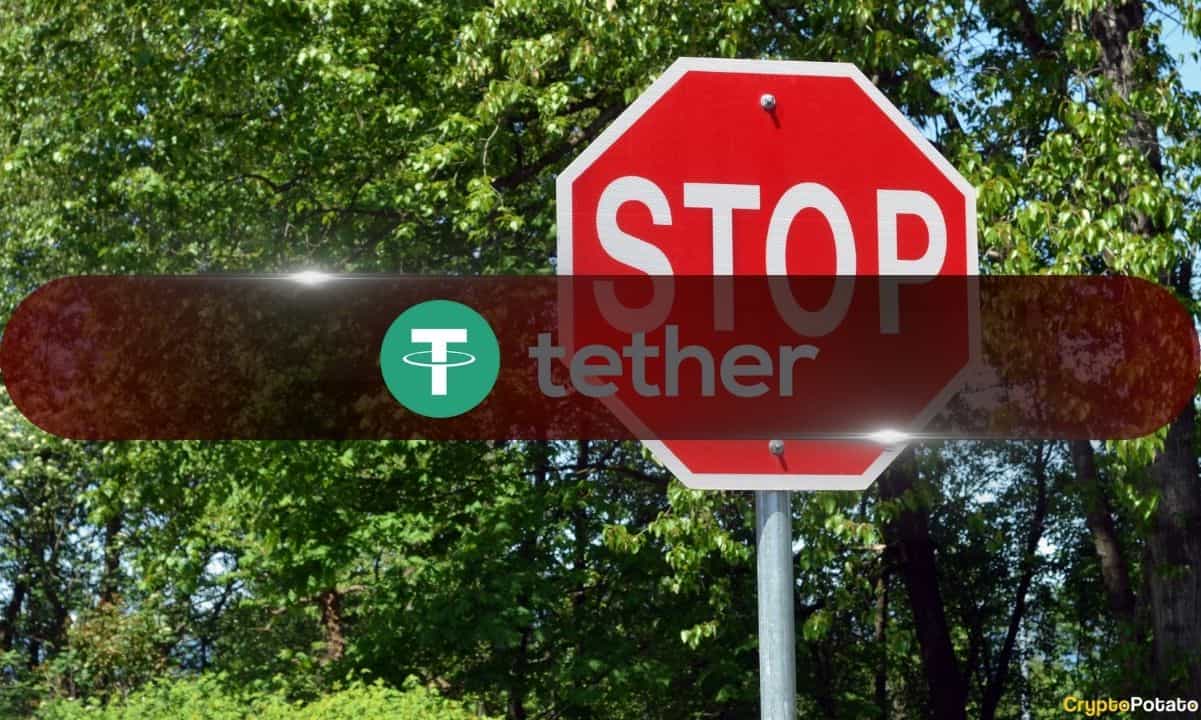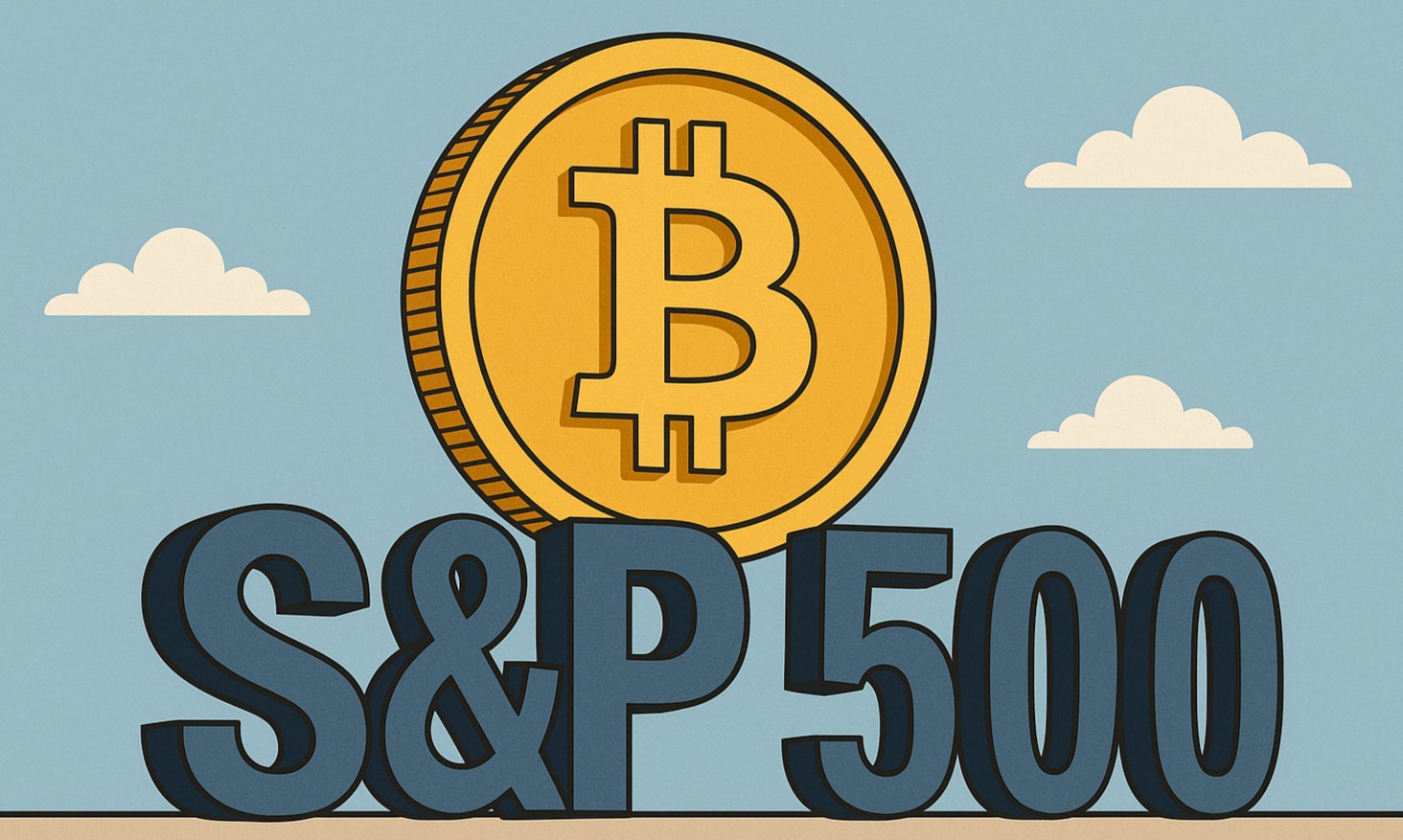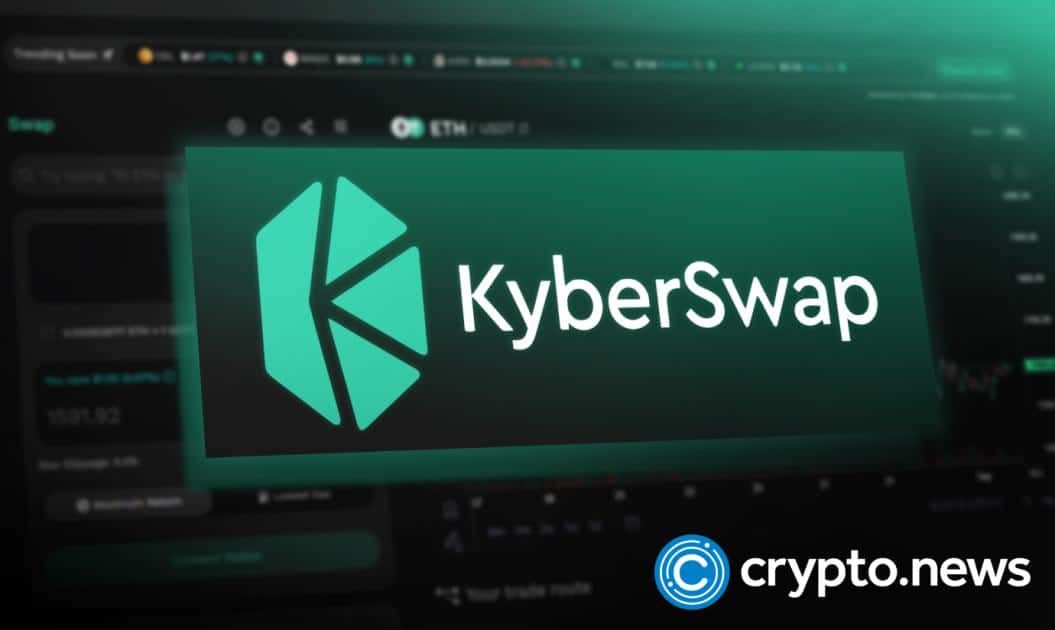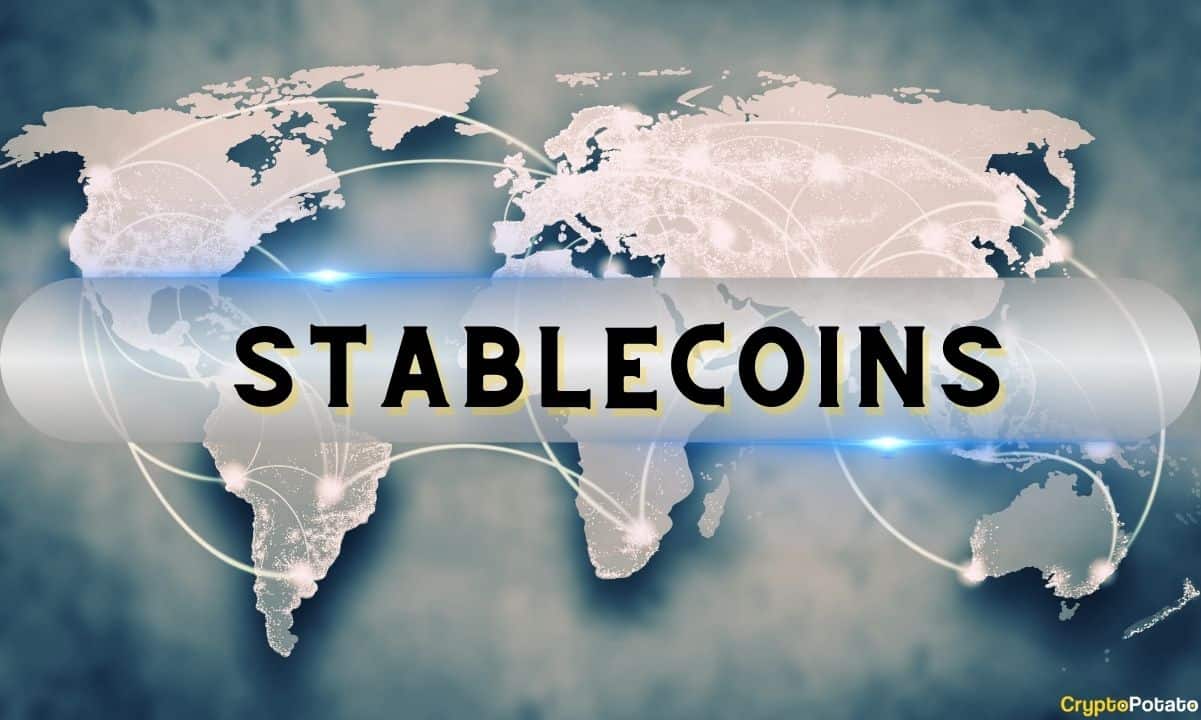Africa’s cross-border payment market value is expected to hit $1 trillion by 2035, but high transfer costs, slow transactions, and inaccessibility are hindering its growth, a new report says.
Titled “Africa’s Cross-Border Payment Landscape,” the report was published by Oui Capital, a Lagos-based, Africa-focused venture capital firm. It revealed that the market was valued at $329 billion in 2025 and is projected to record a compounded annual growth rate (CAGR) of 12% to hit $1 trillion over the next decade.
A key market driver in recent years has been the rising penetration of mobile money. Africa is now the world’s dominant region in mobile money, accounting for two-thirds of all transacted value in 2024, according to a GSMA report. The region also recorded over 80 billion transactions last year, 75% of the global total.
The report revealed that mobile money accounted for 30% of all cross-border payments in Sub-Saharan Africa in 2022 and is expected to record 48% annual growth.
Digital innovations, including mobile money, financial technology, and blockchain, are transforming remittances in Africa, the report noted. The region has the world’s highest remittance fees, which can be as high as 8% according to the World Bank. However, these innovations bring them as low as 3%, saving Africans billions annually.
“With every 1% reduction in remittance fees, African families save an estimated $6 billion per year, underscoring the immense financial impact of digital innovation in the remittance sector.”
Africa’s digital payments revolution
Cross-border payments involve several intermediaries, including local and foreign banks, which all receive a fee, which results in high overall costs for consumers. However, the report notes that disruptors in fintech are eliminating these middlemen, saving Africans billions.
Blockchain-based cross-border transfer rails have become the cheapest alternatives and are now being used by millions across the region. Unlike traditional rails, blockchain payments are peer-to-peer and, with BSV, instant and cheap. These payments are still the cheapest option, even with intermediaries, such as Bitcoin wallets and off-ramp solutions.
Blockchain technology “provides instant transaction validation and cuts out intermediaries, reducing transaction time to minutes and cost to 0-1% per transaction. Users typically fund their crypto wallets through bank transfers, mobile money, or any other on-ramp options available,” the report noted.
In recent years, Africans have taken to stablecoins, which offer the convenience and cost savings of digital assets without the associated price volatility.
Mori Sylla, whose Due Network offers a stablecoin-based payment network, explains: “Stablecoins solve multiple pain points in cross-border transactions. They’re faster, cheaper, and still connected to familiar systems like bank accounts and mobile money wallets—but with a far better user experience.”
Despite the rapid growth, Africa’s cross-border market still faces some key challenges that inhibit its progress, the report noted. This includes the lack of an intra-African clearing and settlement system, with payments still reliant on USD networks.
Regulatory uncertainty has also hindered the growth of financial technology. Digital assets and blockchain have been the most impacted, as the sector remains the least regulated within the emerging payments space, limiting its development and excluding millions of potential users.
Watch: Boosting financial inclusion in Africa with BSV blockchain

















 English (US) ·
English (US) ·